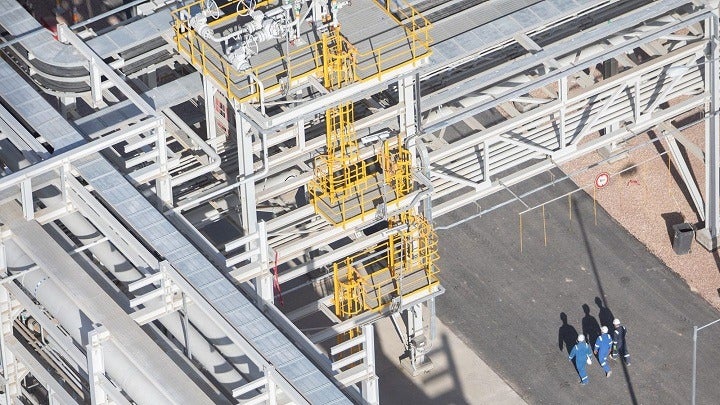
Under the second stage of its West Nile Delta development, the company produces gas from the Giza and Fayoum fields.
Consisting of eight wells, the Giza and Fayoum fields are currently producing around 400 million cubic feet of gas per day (mmscfd). Production is expected to ramp up to a maximum rate of approximately 700 mmscfd.
The project is developed as a deepwater, long-distance tie-back to an existing onshore plant.
BP chief executive Bob Dudley said: “This important project start-up benefitted from the excellent working relationship between BP and the Egyptian government.
“We simply could not have delivered it successfully without the steadfast support of the Minister of Petroleum, his excellent team and the entire government.”
A total of five gas fields were planned to be developed as part of the West Nile Delta development plans. The gas fields are located across the North Alexandria and West Mediterranean Deepwater offshore concession blocks.
Under the stage one of the project, BP and its partners started production from the first two fields, Taurus and Libra, in 2017.
The third stage of the West Nile Delta project will include the development of the Raven field, which is expected to see the start of production in late 2019.
Upon commissioning of all three phases, combined production from the West Nile Delta project is expected to reach up to almost 1.4 billion cubic feet per day (bcf/d), equivalent to about 20% of Egypt’s current gas production.
All the gas produced from the project will be fed into the national gas grid.
With stake of 82.75%, BP is the operator of the West Nile Delta project.
Dudley said: “With the second stage of West Nile Delta now online, BP has now safely brought 21 new upstream major projects into production over the last three years, keeping us on track to deliver 900,000 barrels of oil equivalent per day by 2021.”
In January, BP approved the $1.3bn phase 3 development of the Atlantis oil field located in deepwater Gulf of Mexico, offshore US. The phase 3 of the Atlantis oil field is expected to begin production in 2020.






